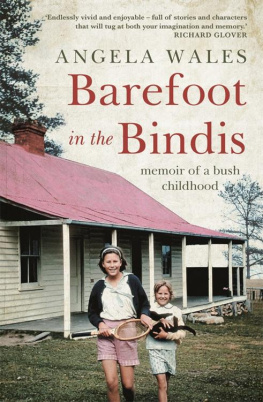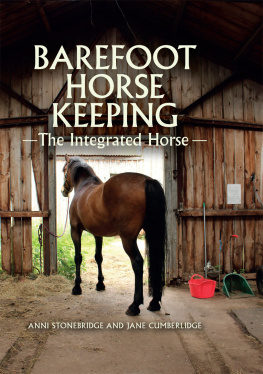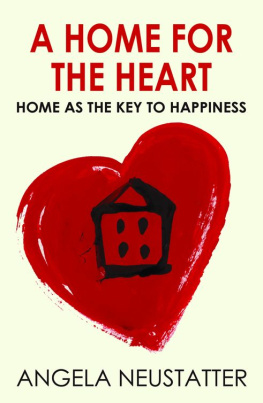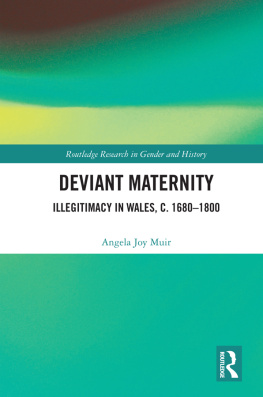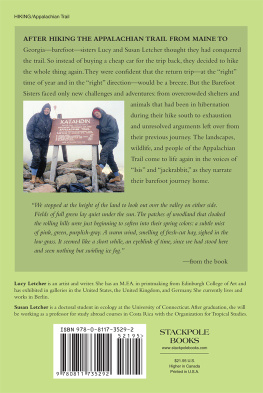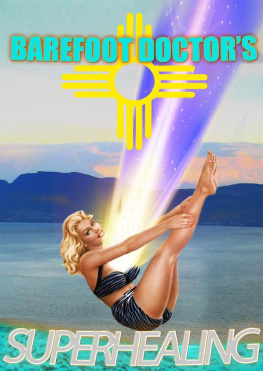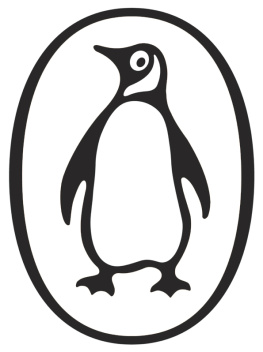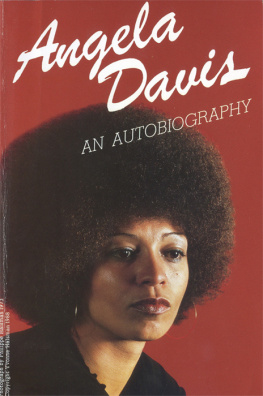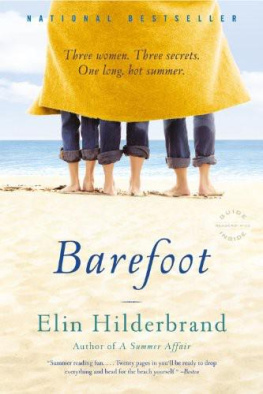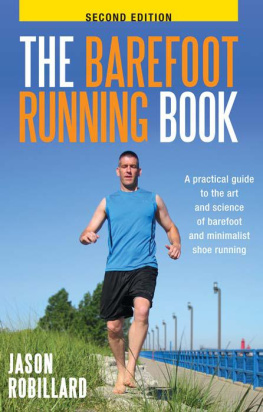Angela Wales - Barefoot in the Bindis
Here you can read online Angela Wales - Barefoot in the Bindis full text of the book (entire story) in english for free. Download pdf and epub, get meaning, cover and reviews about this ebook. year: 2019, publisher: Hachette UK, genre: Non-fiction. Description of the work, (preface) as well as reviews are available. Best literature library LitArk.com created for fans of good reading and offers a wide selection of genres:
Romance novel
Science fiction
Adventure
Detective
Science
History
Home and family
Prose
Art
Politics
Computer
Non-fiction
Religion
Business
Children
Humor
Choose a favorite category and find really read worthwhile books. Enjoy immersion in the world of imagination, feel the emotions of the characters or learn something new for yourself, make an fascinating discovery.
- Book:Barefoot in the Bindis
- Author:
- Publisher:Hachette UK
- Genre:
- Year:2019
- Rating:4 / 5
- Favourites:Add to favourites
- Your mark:
- 80
- 1
- 2
- 3
- 4
- 5
Barefoot in the Bindis: summary, description and annotation
We offer to read an annotation, description, summary or preface (depends on what the author of the book "Barefoot in the Bindis" wrote himself). If you haven't found the necessary information about the book — write in the comments, we will try to find it.
Barefoot in the Bindis — read online for free the complete book (whole text) full work
Below is the text of the book, divided by pages. System saving the place of the last page read, allows you to conveniently read the book "Barefoot in the Bindis" online for free, without having to search again every time where you left off. Put a bookmark, and you can go to the page where you finished reading at any time.
Font size:
Interval:
Bookmark:
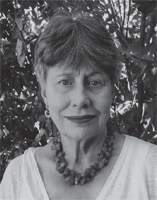
Angela Wales grew up the oldest of five children in Walcha NSW. After the familys move to Sydney she attended the University of Sydney, graduating in English and classics. She was executive director of the Australian Writers Guild for 10 years, after which she moved to the US and became Executive Director of the Writers Guild Foundation (the educational and charitable arm of the Writers Guild of America West) in Los Angeles. Angela returned to Australia in late 2013 to help take care of her elderly mother. Barefoot in the Bindis is her first book.


Published by Affirm Press in 2019
28 Thistlethwaite Street, South Melbourne, VIC 3205
www.affirmpress.com.au
Text and copyright Angela Wales 2019
All rights reserved. No part of this publication may be reproduced without prior permission of the publisher.

Title: Barefoot in the Bindis / Angela Wales, author.
ISBN: 9781925870213 (paperback)
Cover design by Christabella Designs
Typeset in Garamond 12.5/17.5 by J&M Typesetting

The paper this book is printed on is certified against the Forest Stewardship Council Standards. Griffin Press holds FSC chain of custody certification SGS-COC-005088. FSC promotes environmentally responsible, socially beneficial and economically viable management of the worlds forests.
Author image credit: Alec Perrin.

To my mother, Joan Wales, who brought us through it all with courage, grace and love.
Prologue
I am standing on the hillside, looking down towards the gully. A prolonged drought has leached all colour from the paddocks, withering them to a lifeless brown. In the distance, Trig Hill shimmers blue in the heat.
But the house isnt there. Kicking through a tangle of dry weeds, I find a patch of old concrete where our laundry and dairy must have been. A pile of rubble a few yards downhill might or might not be the remains of the drystone entrance pillars that my father built for us one Christmas. A few blackened stumps are all that are left of the pine trees that had once swayed, so tall and majestic, in all the winds the seasons had brought us.
Where is everything? I look for landmarks, but the once familiar fences separating the paddocks have disappeared. The sheds are gone, both the one near the house and the one we built further up the hill. The cow yards and the chicken coop are gone, too. Some of the hillside boulder clusters, so familiar to us as children, have been bulldozed away. My cousin Anthony is with me, and I want to say to him, Here. Here is where your mother, Carmel, taught us to cartwheel, but I cannot even pinpoint the spot.
The current owner, who has built a cottage down by the boundary beside where our mailbox once stood, had waved us uphill. You can see that people once lived up there, he said, and it looks like someone had a sizeable vegetable garden at some point.
But two blackened and gnarled trunks are all that is left of our apple orchard, and there is no sign of the plum tree.
Much higher up the hill again, someone has tried to clear the dense bush in a haphazard fashion, but despite the drought, a tangled mess of scrub is reclaiming its own. And someone has tried to dam the gully, leaving a pile of clutter and debris across where the road to Cheyenne, now diverted, used to dip. The tall eucalyptus trees that once grew there, home to so many birds, are gone.
A line from Tennyson, one of my mothers favourite poets, comes into my head: The woods decay, the woods decay and fall And another: the tender grace of a day that is dead
Its as though we were never there. There are only the memories now.
The downhill end of the verandah, before the balustrade starts, is less than two feet from the ground. There I am, perched on the edge, my arms outstretched, ready to fly. Then, screwing up my eyes as hard as I can, waving my arms and wishing hard, I jump. But instead of taking to the air, I land with a thud in the yard below. I head back to the steps, walk down to the end of the verandah and try again, this time wishing harder. Go. Jump. No, this is not flying. My mother has often said, If at first you dont succeed, then try, try again. So I do. I even improvise makeshift wings from two of my mothers aprons. That doesnt work either.
My father has told me that I can do anything I want in life, anything at all, if I want it badly enough and if I try hard enough. Part of the trick, he says, is to see yourself in your minds eye, doing the thing you want to do. I believe him.
I want to fly more than anything else in the world. I want to be like an eagle, to soar above the earth, to look down on our little homestead with its faded red roof and water tanks and circle of pine trees from above. I want to wheel over our apple orchard and cowshed and then fly so high that the flocks of sheep and my mother toiling in the vegetable garden are just dots below. I want to hear on the wind the distant sounds of Molly and Polly mooing in the cow paddock and my brothers and sisters calling to each other around the house.
But it turns out that flying is not that simple. After several days of trying, I am forced to admit defeat. It seems my father has forgotten to tell me something, and I puzzle over what it is. I suspect that there are some things we are simply not cut out by nature to do, no matter how hard we try.
Or perhaps its that we can only find out what were capable of if we attempt the impossible.
In 1953 my father, partly for health reasons but perhaps in what seems to me now to have been a fit of romantic delusion, moved the family from the beachside Sydney suburb of Bondi to an underdeveloped sheep property twenty miles east of the small town of Walcha, in the Northern Tablelands of New South Wales. This might have seemed like a surprising step for an inexperienced immigrant from the industrial outskirts of Glasgow to take, but then, Robert Wales could be a surprising man.
This was to be a new beginning, far from the noxious environment of his inner-city textile business and promising, he said, mountain air and wide-open spaces for the children. Whats wrong with seaside air? my mother might have asked, but her husband was on a mission. He planned to improve the property and become prosperous, or at least comfortable, from the fat of the land. Did he see it as the serious gamble that it was? Probably not. What he saw was an adventure and a challenge.
At this time, he was twenty-nine and my mother was twenty-seven.
Just over a year earlier, Joan Wales had given premature birth to twin boys. Robert and Joan now had five children under four. To me looking back, this seems like the quintessential Catholic nightmare, but Joan had been taught from birth to accept what God sent her, and she was determined to be a good Catholic wife and mother.
Robert Wales, whom everyone called Bob, was not tall, but he was a good-looking man, bearing a slight resemblance to, say, a young Matt Damon. With his light-brown hair, blue eyes and soft Scottish brogue, he had a twinkle-eyed charm that, along with his warm smile, most people found hard to resist. He made his native town of Greenock, on the mouth of the Clyde, sound mysterious and romantic, but when I visited there many years later it turned out to be a grey and gloomy place, its solid stone buildings soot stained and damp. His father, who originally came from a line of blacksmiths, had established the Greenock Bacon Company, which, apart from curing bacon and hams, made brawn, black pudding, sausages, salamis and other processed meats. The town had grown up around Scotlands shipbuilding industry and it had a solid bourgeois foundation, so our grandfather had prospered. He employed twenty people and was proud of his success. He hoped his only son would take over the family business.
Font size:
Interval:
Bookmark:
Similar books «Barefoot in the Bindis»
Look at similar books to Barefoot in the Bindis. We have selected literature similar in name and meaning in the hope of providing readers with more options to find new, interesting, not yet read works.
Discussion, reviews of the book Barefoot in the Bindis and just readers' own opinions. Leave your comments, write what you think about the work, its meaning or the main characters. Specify what exactly you liked and what you didn't like, and why you think so.

